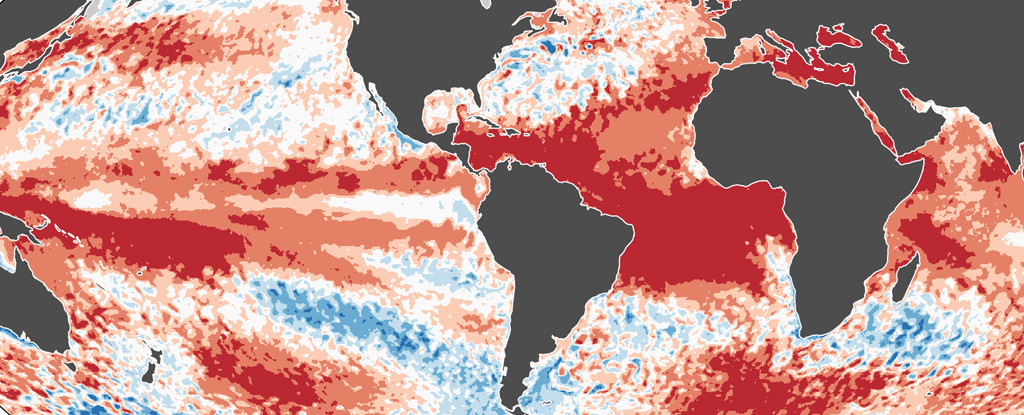
Cumulative heat stress changes our epigenetics – how our cells turn on or off gene switches in response to environmental pressure. Longer periods of extreme heat accelerated ageing in older people by more than two years.

As the world braces for another summer of extreme heat, following the record-setting 2023 season, a recent study has acutely linked heat waves to the rate of early births among pregnant women.

April marked another "remarkable" month of record-breaking global air and sea surface temperature averages, according to a new report by the EU's climate monitor published on Wednesday.

This year has a one-in-three chance of being even hotter than 2023, which was already the world's hottest on record.

Nearly five times more people will likely die due to extreme heat in the coming decades, an international team of experts said Wednesday, warning that without action on climate change the "health of humanity is at grave risk".

More than 300 forest and peatland fires are blazing across Indonesia, prompting government officials to ask people to work from home. A prolonged dry season has caused higher risks of wildfires.

Experts have found that the human body has an "upper critical temperature" of between 40C and 50C, a limit which, if surpassed, can cause it to start malfunctioning.

July was a recording breaking month for both land and sea temperatures, according to EU climate observers Copernicus.

The UK research shows that unprecedented heat extremes combined with socioeconomic vulnerability puts certain regions, such as Afghanistan, Papua New Guinea, and Central America,most in peril.

Researchers had discovered a “heat wave” extending across 10 Earth-diameters in the atmosphere of our solar system’s biggest planet, Jupiter. In other words, Jupiter’s atmosphere is hundreds of degrees hotter than previously thought.

The extended “heat dome” could be a taste of the future for the Pacific Northwest as climate change reshapes weather patterns worldwide.

Temperatures at Furnace Creek in Death Valley in the southern California desert, USA reached a sizzling 54.4 C on Sunday, Aug. 16. This might be the highest temperature ever "reliably" recorded.

On June 20, the town of Verkhoyansk reported a temperature of 38 degrees Celsius, or 100.4 degrees Fahrenheit, which is the record for highest Arctic temperature.

Europe is heating faster than the global average. Data from the EU's Copernicus Climate Service shows that 11 of the 12 warmest years on record on the continent have occurred since 2000.

Qatar's average temperatures have risen more than 3.6 degrees Fahrenheit since the late 19th century. Now engineers preparing for the 2022 World Cup are outfitting stadiums with massive cooling systems to create tolerability for spectators and players.